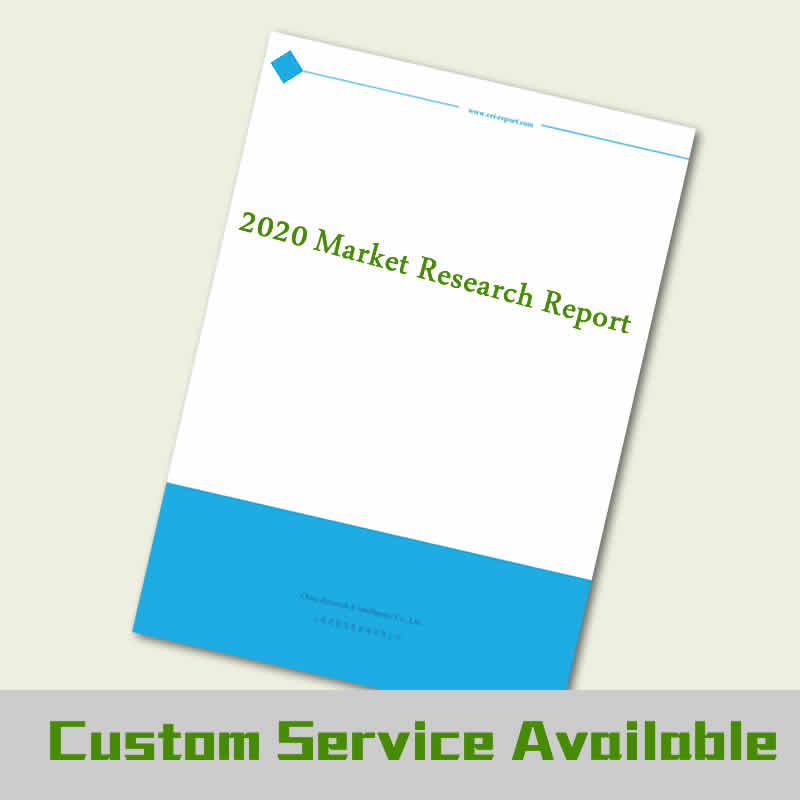Description
Healthcare Apps Market in India Overview
The consumer landscape in the healthcare industry in India is expected to evolve during the 2019-2024 period. A paradigm shift is anticipated from volume-based care (fee-for-service healthcare, being independent of the service quality) to value-based care (healthcare providers are charged based on patients’ health outcomes).
Stakeholders in the Indian healthcare ecosystem are focusing on leveraging healthcare apps to make up for the inadequacies in healthcare infrastructure.
Increasing focus on patient-centric care, the emergence of advanced technologies, and changing business models have played a crucial role in driving the healthcare apps market in India. In terms of revenue, the healthcare apps market in India was valued at INR 27.01 Bn in 2018 and is estimated to reach INR 138.00 Bn by 2024, expanding at a CAGR of ~31.61% during the 2019-2024 period.
The demand for healthcare apps with differentiated services is projected to increase because it meets the varying expectations of consumers. Wellness management and appointment scheduling apps have witnessed wide popularity among consumers. The demand for chronic disease management apps is expected to witness rapid growth over the next few years.
Market Influencers
Digital transformation in the country, coupled with substantial support from the government, has fueled the growth of the healthcare apps market in India. The increase in digital reach in the country has been replicated by a swift growth in the number of mobile subscribers and Internet users in the country. The number of mobile application downloads has increased at an exponential rate from 6.5 Bn in 2016 to 12.1 Bn in 2017.
Internet service providers are offering mobile data at a low price to sustain in the competitive market, resulting in a monthly data consumption per unique connection, from 86 MB in 2014 to 8,320 MB in 2018. Thus, the increase in Internet density and the rise in the number of Internet users are driving the healthcare apps market in India.
The Indian government played a key role in the growth of healthcare apps market. The introduction of the National Health Policy in 2017 stimulated the adoption of various digital tools, including healthcare apps. Some of the major healthcare apps launched by the government include E-RaktKosh, Mera Aspataal/My Hospital, No More Tension, and Swasth Bharat.
The market has been experiencing significant challenges due to the lack of awareness, security issues, and uncertain app performance. Moreover, most consumers’ interest is limited to fitness and wellness management with a lack of knowledge regarding the diverse types of healthcare apps (disease-specific apps, medication reminder apps) available.
Furthermore, stakeholders are uncertain about the performance and efficiency of apps, owing to the unavailability of clinical performance data. The limited availability of app content in Indian languages also acts as an adoption barrier for healthcare apps.
Technology insights
Healthcare apps available in India mostly run on Android, iOS, and Windows platforms, which can be downloaded from the Google Play Store, Apple App Store, and Microsoft Store (for Windows phone). The introduction of advanced technologies like the Internet of Things (IoT), artificial intelligence (AI), Blockchain, and virtual reality are expected to disrupt the healthcare apps market.
The health data generated from healthcare apps can be leveraged by AI and machine learning algorithms and used to identify people with potential health risks. Further, an AI-based app can detect patients’ faces through a visual recognition system and assist in disease management. Internet of Medical Things (IoMT) has the potential to develop innovative apps, which connect to beacons placed across hospitals and aid indoor navigation within hospitals.
Competitive insights
The highly competitive healthcare apps market in India is fragmented with the presence of various small and medium-sized players. The prospective market has motivated several non-healthcare companies, including IT and software development companies, technology companies, and app development agencies to begin their operations in the country.
However, the market is yet in a nascent stage, and thus, players are experimenting with different business models to accomplish monetization. Among various models, licensing, third-party app development, in-app advertising, and pay-per-download have achieved significant success.
Companies covered
• Abbott India Ltd.
• HealthifyMe Wellness Pvt. Ltd.
• Infomoko Technology Pvt. Ltd.
• Kare4u Healthcare Solutions Pvt. Ltd.
• Lybrate India Pvt. Ltd.
• MediIT Health Solutions India Pvt. Ltd
• One Eighty Aamoksh Technologies Pvt Ltd.
• Portea Medical
• Practo Technologies Pvt. Ltd.
• Zoctr Health Pvt. Ltd.


